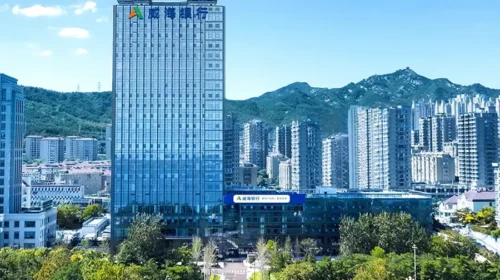FAST NEWS: Ascentage’s manufacturing center gets EU stamp of approval

The latest: Ascentage Pharma Group International (6855.HK) announced on Tuesday it recently received a zero-deficiency report following a Good Manufacturing Practice (GMP) compliance audit of its global manufacturing center by a Qualified Person (QP) from the European Union (EU). The EU issued the report after an inspection over a four-day period.
Looking up: The report means the company’s global manufacturing center and quality management system comply with EU GMP standards, providing an important quality assurance benchmark.
Take Note: Ascentage’s core product, the leukemia drug olverembatinib, was commercialized in China last year. It may require some more time to be approved for overseas markets such as Europe.
Digging Deeper: Founded in 2009 and listed on the Hong Kong Stock Exchange in 2019, Ascentage is a China-based company that develops innovative drugs for oncology, hepatitis B and aging-related diseases. Its self-developed drug olverembatinib received conditional marketing approval from China’s National Medical Products Administration (NMPA) in November 2021, leading to a 652% jump in revenue to 210 million yuan ($30.5 million) in 2022. In January this year, the product was also included in the 2022 edition of China’s National Reimbursement Drug List under the nation’s national health plan, which will help increase its market share and boost future sales.
Market Reaction: Ascentage’s shares fell on Tuesday, closing down 4% at HK$22.70 by the midday break. The stock now trades in the middle of its 52-week range.
Translation by Jony Ho
To subscribe to Bamboo Works free weekly newsletter, click here





